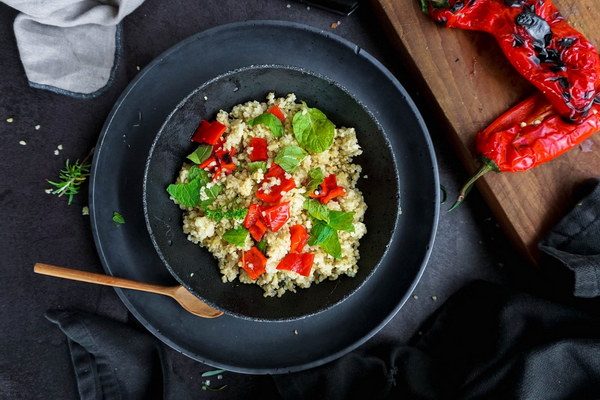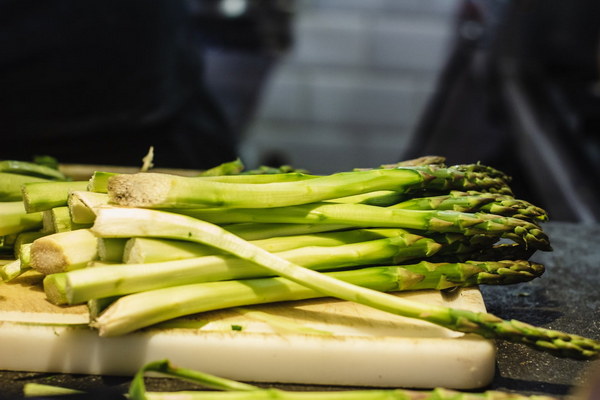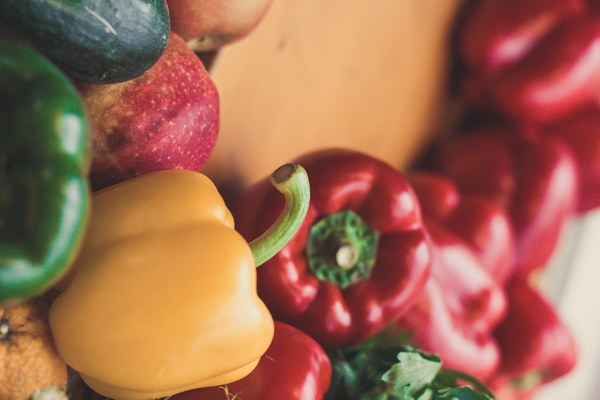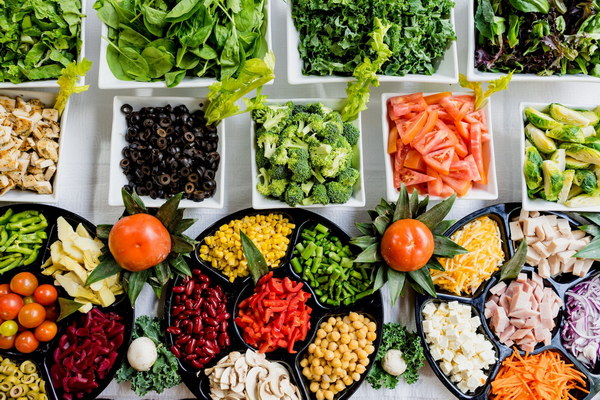Harmonizing Your Digestive System The Art of Differential Nourishment for Spleen and Stomach
The spleen and stomach are vital organs in traditional Chinese medicine (TCM), playing a crucial role in digestion, nutrient absorption, and overall health. According to TCM, the proper functioning of these organs is essential for a balanced life. This article explores the concept of differential nourishment, a TCM approach to harmonizing the spleen and stomach, and its benefits for overall well-being.
Differential nourishment, as the name suggests, involves personalized treatment based on individual differences. It is based on the principle that each person has a unique constitution and health condition, which requires a customized approach to care. In the case of the spleen and stomach, differential nourishment aims to address specific imbalances that can lead to digestive issues and other health problems.
The spleen and stomach work closely together in the digestive process. The spleen is responsible for transforming and transporting nutrients, while the stomach is responsible for breaking down food and absorbing nutrients. When either organ is imbalanced, it can lead to a range of digestive problems, including bloating, constipation, diarrhea, and acid reflux.
Here are some key aspects of differential nourishment for the spleen and stomach:
1. Identifying imbalances: The first step in differential nourishment is to identify the specific imbalances affecting the spleen and stomach. Common imbalances include dampness, qi deficiency, and heat. A TCM practitioner will use pulse diagnosis, tongue diagnosis, and other assessment methods to determine the individual's specific constitution and imbalances.
2. Diet: A well-balanced diet is crucial for nourishing the spleen and stomach. The following dietary tips can help restore balance:
a. Eat warm, cooked foods: Cold and raw foods can overload the spleen and stomach, leading to bloating and other digestive issues. Opt for warm, cooked foods instead.
b. Include spleen-nourishing foods: Foods that are rich in vitamins, minerals, and other nutrients can help nourish the spleen and stomach. Some examples include sweet potatoes, millet, quinoa, and amaranth.
c. Avoid dampening foods: Foods that can increase dampness, such as sugar, dairy, and cold beverages, should be limited or avoided.
d. Eat in moderation: Overeating can overload the spleen and stomach, leading to digestive problems. Practice portion control and eat at regular intervals.
3. Herbs and supplements: TCM herbs and supplements can help restore balance to the spleen and stomach. Common herbs include:
a. Atractylodes (Cang Zhu): Helps eliminate dampness and strengthen the spleen.
b. Codonopsis (Dang Shen): Supports qi and helps nourish the spleen.
c. Poria (Fu Ling): Removes dampness and promotes digestion.
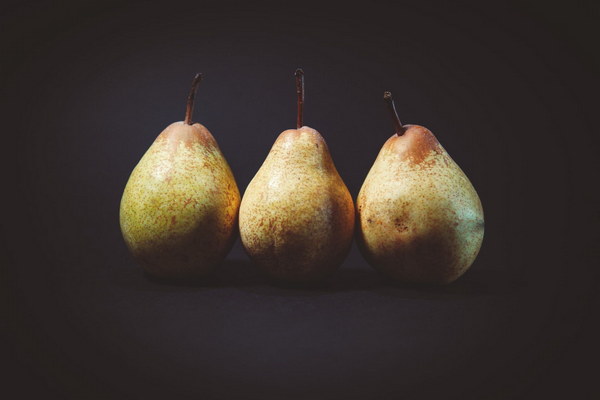
4. Lifestyle adjustments: Improving overall lifestyle can also help harmonize the spleen and stomach. Some suggestions include:
a. Regular exercise: Exercise helps improve circulation and promotes healthy digestion.
b. Adequate sleep: Poor sleep can weaken the spleen and stomach, so it's important to get enough rest.
c. Stress management: Stress can disrupt the balance of the spleen and stomach, so finding effective stress management techniques is crucial.
By implementing these differential nourishment strategies, individuals can restore balance to their spleen and stomach, leading to improved digestion and overall health. It's important to note that while TCM can be a valuable tool for addressing digestive issues, it's always best to consult with a qualified TCM practitioner for personalized advice and treatment.
In conclusion, differential nourishment for the spleen and stomach is a personalized approach to TCM that can help individuals achieve a balanced digestive system and overall well-being. By identifying imbalances, making dietary and lifestyle adjustments, and using TCM herbs and supplements, individuals can restore harmony to their spleen and stomach, leading to a healthier life.
